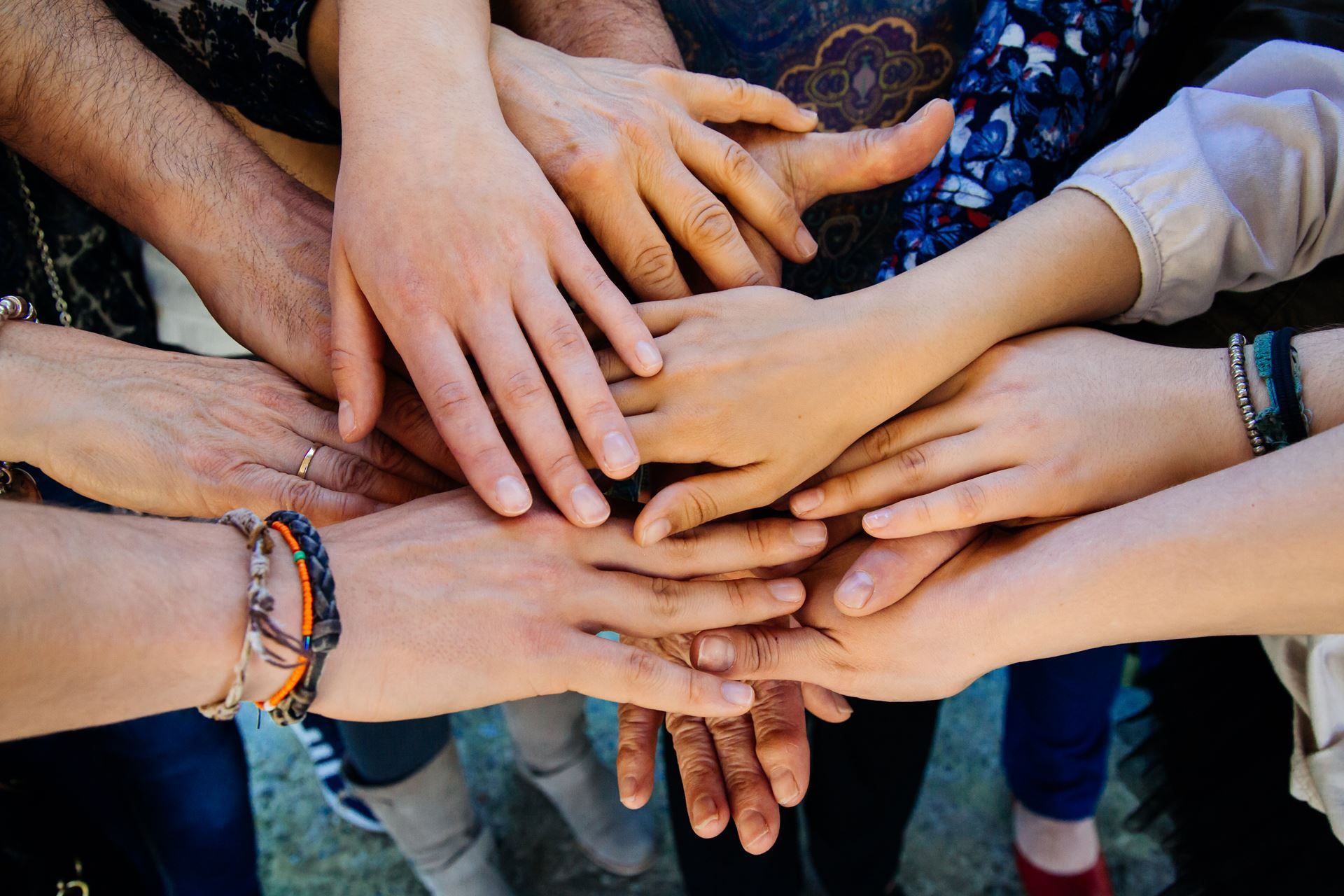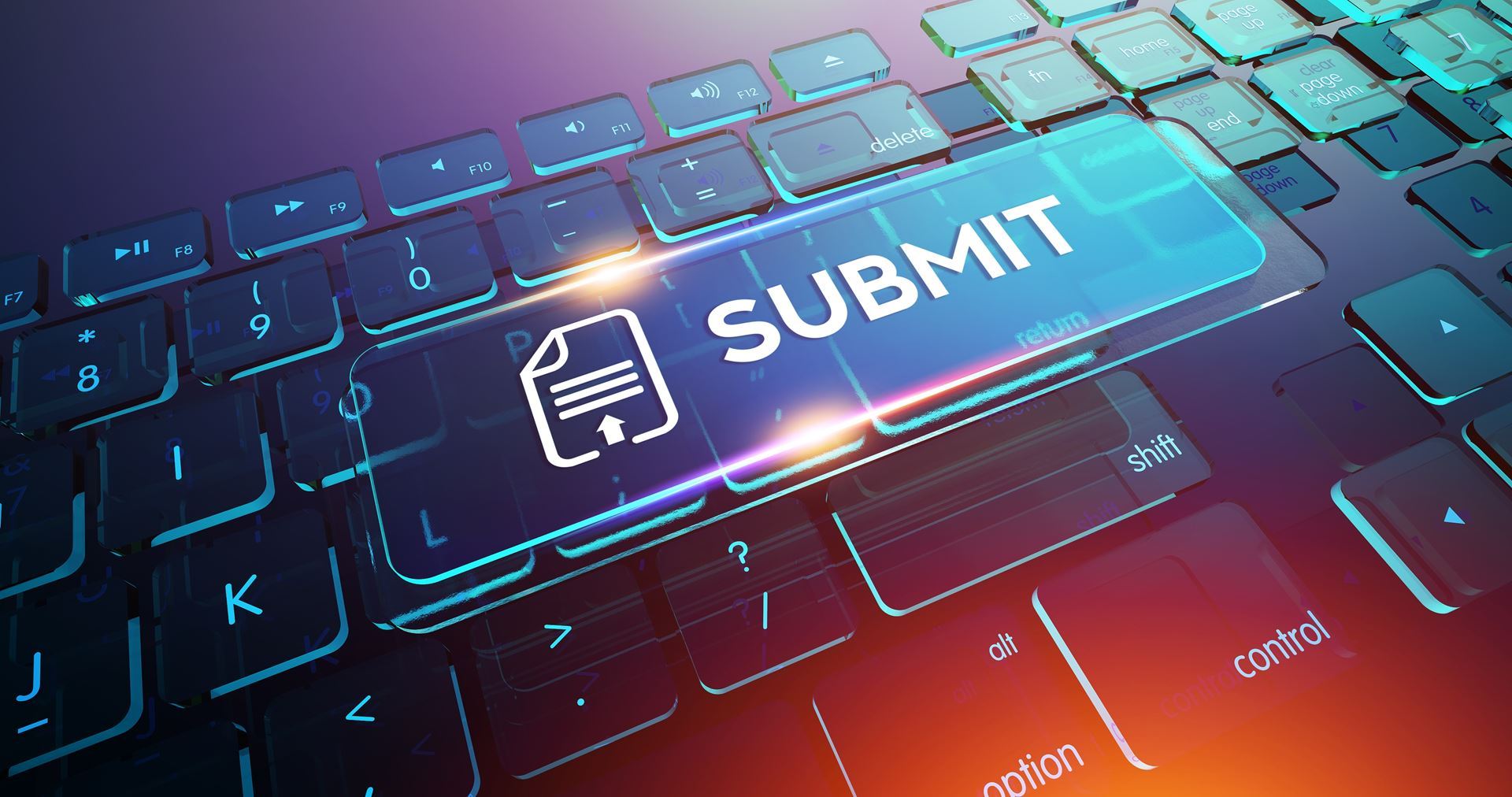Our Community
| Public Awareness & Advocacy
| Resources
| Submissions
|
Contact Us
Suite 1912-130 Albert Street
Ottawa, Ontario K1P 5G4
Tel: 613-383-2009 x100
Email: aca@archivists.ca
The ACA office is located on the unceded, unsurrendered Territory of the Anishinaabe Algonquin Nation whose presence here reaches back to time immemorial.
Privacy & Confidentiality - Code of Ethics & Professional Conduct
Copyright © 2023 - The Association of Canadian Archivists




